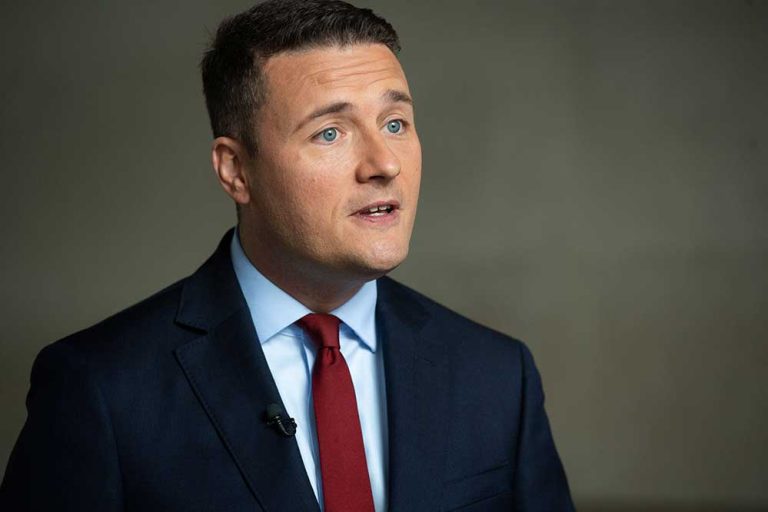An artificial intelligence (AI)-driven “early warning” system is set to be rolled out across the health service to improve patient safety, the UK government has announced.
The new AI system, according to the Department of Health and Social Care (DHSC), will “automatically identify” safety concerns at NHS organisations to help “stop failures before they escalate”.
“The guaranteed way to improve care is to raise staffing levels”
Nicola Ranger
The government claimed it would identify patient safety problems faster than the manual analysis of data on issues such as patterns of abuse, serious injuries, deaths and other incidents.
The move was announced today on the DHSC website ahead of the expected unveiling later this week of the government’s widely heralded 10 Year Health Plan.
In contrast, it emerged over the weekend that the government also planned to close down a range of arms’-length bodies linked to patient safety, including Healthwatch, the National Guardian’s Office and the Health Services Safety Investigations Body.
According to today’s announcement, the new AI system would allow concerns to be raised to the Care Quality Commission (CQC), allowing the regulator to then open an investigation.
If it is successfully rolled out, England would be the first country in the world to use an AI-enabled warning system for the detection of patient safety issues.
The DHSC said the system was currently under development, with a ‘maternity outcomes signal system’ set to launch at NHS trusts in England from November.
This maternity outcomes system, the department said, would use “near real-time data” to identify spikes in stillbirth, neonatal death and brain injury rates.
Announcing the move, health and social care secretary Wes Streeting said he thought the technology would “save lives” and catch “unsafe care before it becomes a tragedy”.
“While most treatments in the NHS are safe, even a single lapse that puts a patient at risk is one too many,” the health secretary said.
“Behind every safety breach is a person – a life altered, a family devastated, sometimes by heart-breaking loss.”
He added: “Patient safety and power are at the heart of our 10 Year Health Plan.
“By embracing AI and introducing world-first early warning systems, we’ll spot dangerous signs sooner and launch rapid inspections before harm occurs.”
The new system will use the NHS Federated Data Platform, a unified record system for the health service built by a consortium led by surveillance company Palantir Technologies, which was launched in 2023.
No further details on the AI system’s rollout outside of maternity were stated in the government’s announcement.
It forms part of Mr Streeting’s previously stated aim of moving the NHS “from analogue to digital”, which is expected to feature heavily in the 10 Year Health Plan.
The Royal College of Nursing, however, argued that increasing staffing levels remained the key to ensuring patient safety.
Professor Nicola Ranger, RCN general secretary and chief executive, said that, while technology “will always have a role to play”, the government should instead prioritise bolstering the workforce.
“The guaranteed way to improve care is to raise staffing levels,” she said. “In the NHS today, one nurse can be left caring for 10, 15 or more patients at a time. The situation is drastically unsafe.”
Professor Ranger added: “By the time an inspection takes place, it could already be too late.”
Daniel Elkeles, chief executive of NHS Providers, said: “Patient safety is front and centre for trust leaders.
“But when care doesn’t go to plan, it’s vital trusts have the opportunity to identify what went wrong and put plans in place to improve patient care before a Care Quality Commission investigation is triggered.”
Read more on AI and nursing

